Group
Current Group Members
-
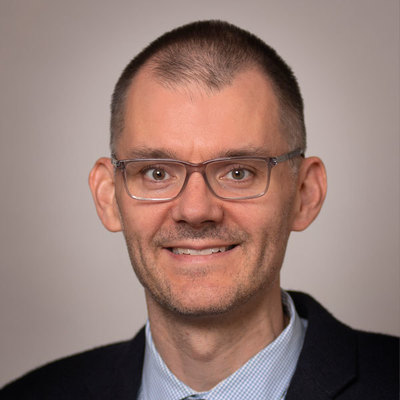
Michael Niemier
Principal Investigator, Professor
-
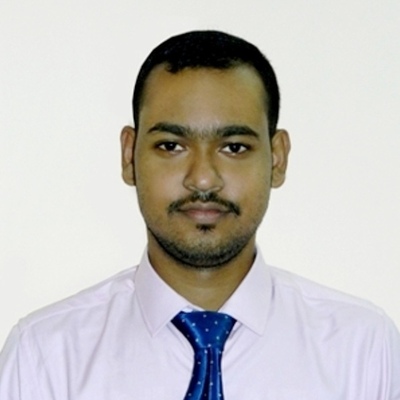
Indranil Bera
Ph.D. Student
-
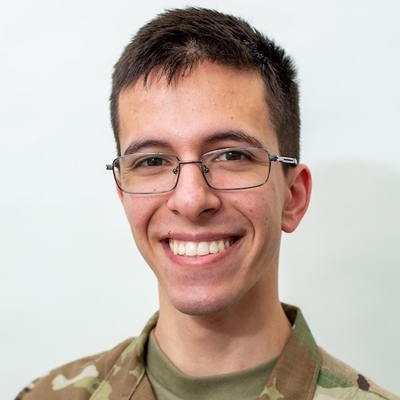
Zephan Enciso
Ph.D. Student
-
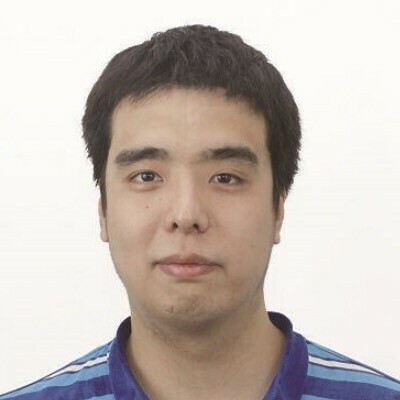
Haoran Geng
Ph.D. Student
-
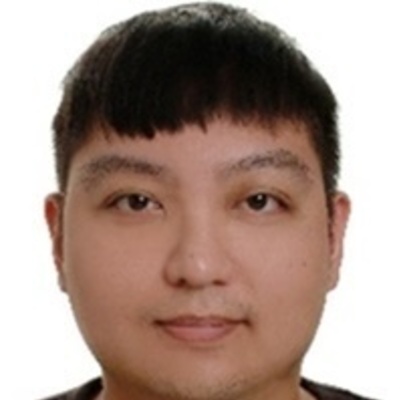
Fu-Xiang Liang
Ph.D. Student
-
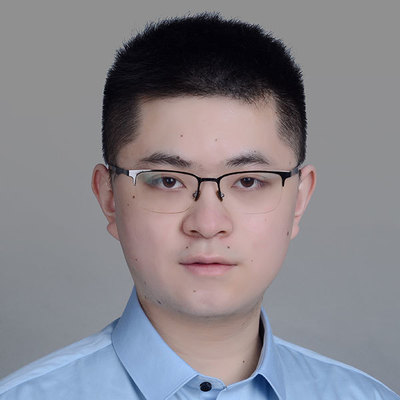
Liu Liu
Ph.D. Student
-
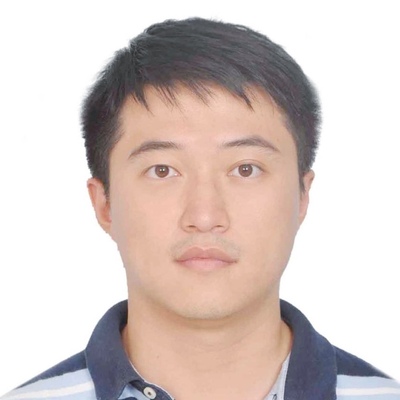
Guangyu Meng
Ph.D. Student
-
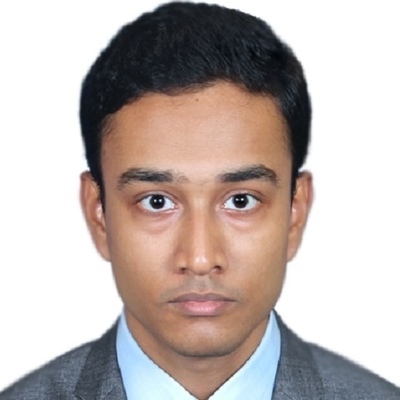
Subhasish Mukherjee
Ph.D. Student
-
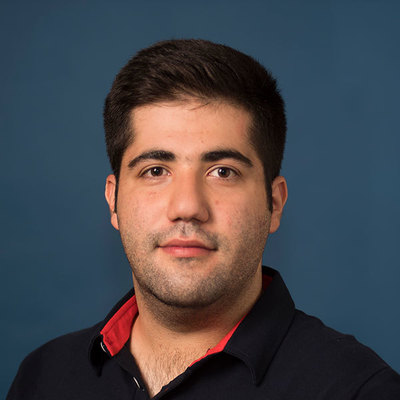
Mohammad Mehdi Sharifi
Ph.D. student
Alumni
M. Tanvir Alam
M. Tanvir Alam received his Ph.D. degree from Notre Dame in 2010. The emphasis of his work was on computing with field spin-based devices, specifically field-coupled nanomagnets. Alam was an integral part of a DARPA sponsored non-volatile computing program, and also contributed to various SRC-sponsored projects as well. After graduation, Alam served as a post-doctoral researcher at UC-Berkeley, before joining Intel. He is currently a senior data analysis and process integration engineer at Rockley Photonics.
Representative work: Mohmmad Tanvir Alam, Mohammad Jafar Siddiq, Gary H. Bernstein, Michael Niemier, Wolfgang Porod, and X. Sharon Hu, “On-chip Clocking for Nanomagnet Logic Devices,” IEEE Transactions on Nanotechnology, p. 348-351, Volume 9(3), 2010.
Xiaoming Chen
Xiaoming Chen received the B.S. and Ph.D. degrees in electronic engineering from Tsinghua University, Beijing, China, in 2009 and 2014, respectively. He was a Visiting Assistant Professor with the Department of Computer Science and Engineering, University of Notre Dame, from 2016 to 2017. He is currently an Associate Professor with the State Key Laboratory of Computer Architecture, Institute of Computing Technology, Chinese Academy of Sciences. His current research interests include GPU-accelerated machine learning, emerging nonvolatile devices and advanced computer architecture design. He served on the Technical Program Committee of the Asia and South Pacific Design Automation Conference 2019, the International Conference on VLSI Design 2019, the Asian Hardware Oriented Security and Trust Symposium 2018, and the IEEE Computer Society Annual Symposium on VLSI 2018.
Representative work: Xiaoming Chen, Michael Niemier, Yinhe Han, and Xiaobo Sharon Hu, “Power and Area Efficient FPGA Building Blocks Based on Ferroelectric FETs,” IEEE Transactions on Circuits and Systems I: Regular Papers, p. 1780-1893, 2018.
Aaron Dingler
Aaron served as department chair at Seattle Pacific University, worked at IBM, and now is a special professional faculty member at the University of Notre Dame.
Representative work: A. Dingler, M.T. Niemier, X.S. Hu, M.T. Alam, and M. Garrison, “System-Level Energy and Performance Projections for Nanomagnet-based Logic,” in at IEEE Symposium on Nanoscale Architectures, p.21-26, July 30-31, 2009 (best paper award).
Arman Kazemi
Arman Kazemi graduated from Shahid Beheshti University, Tehran, Iran in 2017 with a bachelor's in computer engineering and started his PhD at Notre Dame immediately thereafter. His research interests include hardware/software co-design, low-power circuit design, and in-memory computing. He is particularly interested in inventions leveraging emerging CMOS-compatible technologies (e.g., ferroelectric materials). His research usually targets reducing computational resource requirements of machine learning applications, enabling their utilization at the edge. He currently works at Amazon.
Representative work: Kazemi, Arman, Franz Müller, Mohammad Mehdi Sharifi, Hamza Errahmouni, Gerald Gerlach, Thomas Kämpfe, Mohsen Imani, Xiaobo Sharon Hu, and Michael Niemier. "Achieving software-equivalent accuracy for hyperdimensional computing with ferroelectric-based in-memory computing." Scientific reports 12, no. 1 (2022): 19201.
Steve Kurtz
Steven Kurtz received his Ph.D. Degree from Notre Dame in 2013. He is currently a software engineer at IBM. While at Notre Dame, he interned at IBM, won an IBM graduate research fellowship, and worked on various spin logic projects.
Representative work: Aaron Dingler, Steve Kurtz, Michael Niemier, X Sharon Hu, Gyorgy Csaba, Joesph Nahas, Wolfgang Porod, Gary Bernstein, Peng Li, Vijay Karthik Sankar, “Making Non-Volatile Nanomagnet Logic Non-Volatile,” at Design Automation Conference (DAC), p. 476-485, 2012.
Ann Franchesca Laguna
nn Franchesca Laguna received her MS degree in Electrical Engineering and BS degree in Computer Engineering from University of the Philippines – Diliman. She worked as a Computer Science and Engineering PhD student at University of Notre Dame via a Fulbright scholarship with Dr. X. Sharon Hu and Dr. Michael Niemier. Her current research interests encompass hardware / software co-design of machine learning and bioinformatics algorithms using in-memory computing. She is currently an Assistant Professor at De La Salle University in the Philippines.
Representative work: Kai Ni, Xunzhao Yin, Ann Franchesa Laguna, Siddharth Joshi, Stefan Dunkel, Martin Trentzsch, Johannes Mueller, Sven Beyer, William Taylor, Michael T. Niemier, Xiaobo Sharon Hu, and Suman Datta, “Ferroelectric Ternary Content Addressable Memory for One-Shot Learning,” Nature Electronics, 2(11), p. 521-529, 2019.
Qiuwen Lou
Qiuwen Lou received his Ph.D. degree in 2020. He is originally from Zhejiang, China. He received a B.S. degree from the University of Electronic Science and Technology of China in 2013. His research interests include low power circuit and architecture design for computer vision and machine learning applications, emerging devices-based benchmarking, and circuit/architecture implementation. Qiuwen joined Amazon Lab126 as a machine learning scientist in 2020.
Representative work: Indranil Palit, Qiuwen Lou, Robert Perricone, Michael Niemier, and X. Sharon Hu, “A Uniform Modeling Methodology for Benchmarking DNN Accelerators,” in International Conference on Computer Aided Design (ICCAD), p. 1-7, 2019.
Indranil Palit
Indranil Palit received his Ph.D. degree in 2016. His research focused on nanomagnetic logic circuits, as well as how cellular neural networks might be impacted by emerging transistor technologies. This work was supported in part by the SRC/DARPA LEAST center that was funded by the SRC/DARPA STARnet program. After graduation he remained at Notre Dame as a post-doctoral researcher and worked on a joint project with IBM with their True North spiking neural network architecture. He currently works for Valeo.
Representative work: Indranil Palit, Lin Yang, Danny Chen, Michael Niemier, Jinjun Xiong, and X. Sharon Hu, “Biomedical Image Segmentation using Fully Convolutional Networks on True North,” IEEE International Symposium on Computer-Based Medical Systems, 2018.
Robert Perricone
Robert Perricone received his Ph.D. in 2019. He is currently a software engineer at IBM. As a graduate student in the department of computer science and engineering, my research involves the design and evaluation of beyond-CMOS devices at the circuit and architectural levels. Robert was supported by and contributed to multiple DARPA, NSF, and SRC funded projects.
Representative work: Robert Perricone, X. Sharon Hu, Joseph Nahas, and Michael Niemier, “Can Beyond-CMOS Devices Illuminate Dark Silicon?” Communications of the ACM, 61(9), p. 60-69, 2018.
Ramin Rajaei
Ramin Rajaei received the M.Sc. and Ph.D. degrees in electrical engineering from the Sharif University of Technology, Tehran, Iran, in 2010 and 2015, respectively. He was an Assistant Professor at the Department of Electrical Engineering, Shahid Beheshti University (Tehran, Iran) from 2015 to 2019. In 2019, he joined the Department of Computer Science and Engineering, University of Notre Dame, where he is currently a Visiting Assistant Research Professor. His research interests include VLSI design for beyond-CMOS devices, computing-in-memory, hardware design for neuromorphic computing, and hardware security and reliability. Ramin currently works as a senior FPGA design engineer at Jariet Technologies, Inc.
Representative work: Arman Kazemi, Ramin Rajaei, Kai Ni, Suman Datta, Michael Niemier, X. Sharon Hu, “A Hybrid FeMFET-CMOS Analog Synapse Circuit for Neural Network Training and Inference,”
IEEE International Symposium on Circuits and Systems, 2020.
Dayane Reis
Dayane Reis received her B.S. degree in Electronics Engineering from Pontifical Catholic University of Minas Gerais, Brazil and her M.S. degree in Electrical Engineering from Federal University of Minas Gerais, Brazil. She is currently pursuing a Ph.D degree with the Department of Computer Science and Engineering at the University of Notre Dame, USA, co-advised by Dr. X. Sharon Hu and Dr. Michael Niemier. Her research focuses on the design of circuits and architectures for beyond-CMOS devices. Dayane was one of the winners of the best paper award in the ACM/IEEE International Symposium on Low Power Electronics and Design (ISLPED`18), and a recipient of the Cadence Women in Technology (WIT) Scholarship 2018/2019. After graduatation Dayane began a tenure track faculty position at the University of South Florida.
Representative work: Dayane Reis, Xunzhao Yin, Michael Niemier, and X. Sharon Hu, “Computing in Memory with FeFETs,” International Symposium on Low Power Electronic Design (ISLPED), p. 24, July 2018 (best paper award).
M. Jafar Siddiq
M. Jafar Siddiq received his Ph.D. degree from Notre Dame in 2013. The focus of his work was the implementation of a novel Magnetic QCA (MQCA) / Nanomagnet Logic (NML) scheme. Jafar worked under the umbrella of the Midwest Institute of Nanoelectronics Discovery (MIND) research center that was funded by the SRC’s Nanotechnology Research Initiative. The project focused on the realization of a non-volatile, radiation-hard, low power alternative of CMOS through coupled array of nanomagnets. After graduation, Jafar joined Everspin Technologies and worked on various MRAM manufacturing processes. He is currently at Intel.
Representative work: TBD
Xunzhao Yin
Xunzhao Yin received his Ph.D. degree in 2019. He is currently an assistant professor at Zhejiang University in China. While at Notre Dame, he also interned with Qualcomm. Xunzhao participated several large projects sponsored by DARPA/NSF/SRC, e.g., Center for Low Energy System Technology (LEAST), Center for Extremely Energy Efficient Collective Electronics (EXCEL), and Application and Systems driven Center for Energy-Efficient Integrated NanoTechnologies (ASCENT), In his Ph.D. work, he explored novel circuits and architectures based on beyond-CMOS technologies. His current research interests include hardware security, low-power circuit designs and non-conventional computing with emerging technologies.
Representative work: Kai Ni, Xunzhao Yin, Ann Franchesa Laguna, Siddharth Joshi, Stefan Dunkel, Martin Trentzsch, Johannes Mueller, Sven Beyer, William Taylor, Michael T. Niemier, Xiaobo Sharon Hu, and Suman Datta, “Ferroelectric Ternary Content Addressable Memory for One-Shot Learning,” Nature Electronics, 2(11), p. 521-529, 2019.